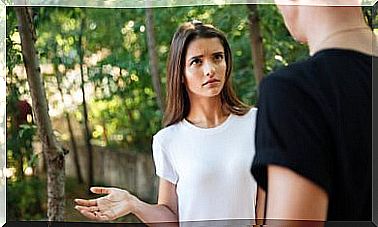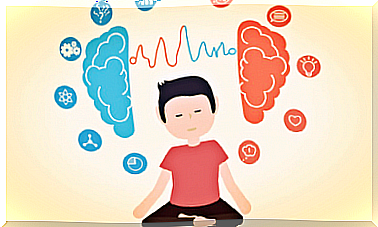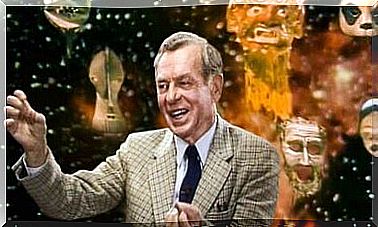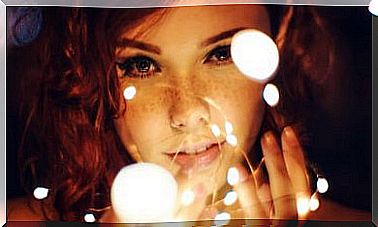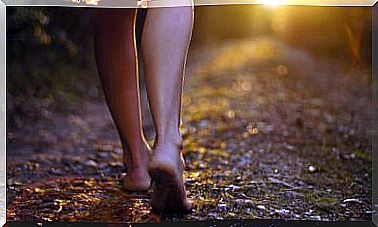Geoffrey Beattie, The Big Brother Psychologist
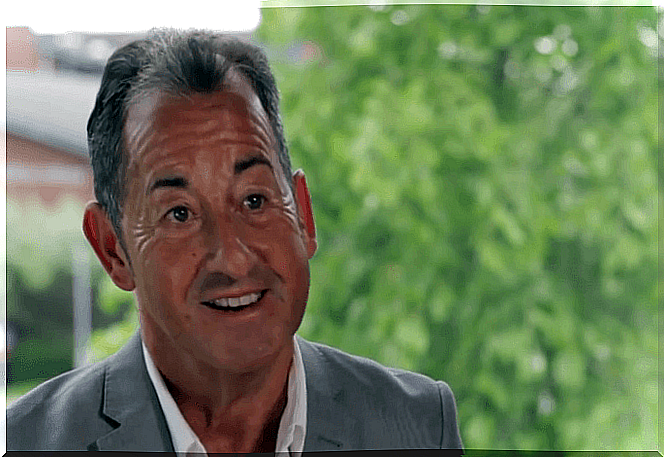
The work of this British psychologist has focused for years on the analysis of non-verbal communication. Geoffrey Beattie showed us how hand movements, while people speak, also communicate.
He has published numerous books and scholarly articles on this topic and has been awarded repeatedly for his research work. Thus, Beattie is one of those psychologists well known for bringing discoveries in the field of psychology to the general public.
She was the face of psychology on the UK TV show Big Brother. In this sense, he has devoted a lot of effort to show the non-specialized public how psychology can help people in their day-to-day lives. An example of this was his book Simple changes will transform your life , which has been translated into a multitude of languages.
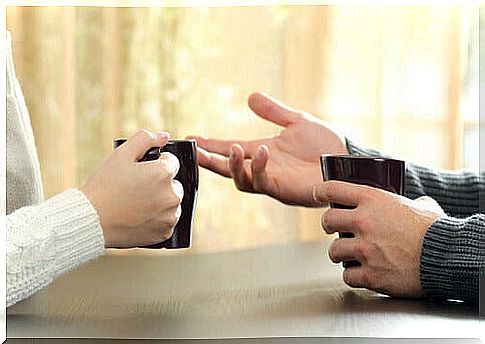
His biography
Geoffrey Beattie was born in Belfast. He graduated in Psychology from the University of Birmingham and received his Ph.D. from Trinity College, Cambridge. He was appointed Professor of Social Psychology at the University of Sheffield. From an early age his interest was focused on the connection between non-verbal communication, language and thought.
The area in which she grew up was constantly embroiled in violent confrontations and riots, which led to the publication of several of Beattie’s books on Ulster affairs and the situation of the Protestants. He also reflected this situation in articles written for magazines such as The Guardian.
Geoffrey Beattie and his media side
He made several documentaries on the problems of Northern Ireland for networks such as the BBC. His time on the radio began with his interest in the relationship between sport and psychology.
On the other hand, his participation in one of the seasons of the British version of the television contest Big Brother brought him more than a headache. His participation as an advisor to the direction of the program aroused much controversy in the academic sphere.
Geoffrey was accused by other psychologists of lending credence to what they saw as gross exploitation of people for commercial purposes. Despite this, everything stayed there.
According to Beattie’s version, that was not very different from analyzing the meaning of the gestures of a politician or any other media figure. His controversial role in the contest has earned him unfairly known to the general public as the psychologist from Big Brother.
Multimodal communication
Beattie’s research work has reconceptualized non-verbal communication and the knowledge we have about the relationship between language and non-verbal communication during a conversation and its implications on the effectiveness of communication.
His studies focused on iconic gestures during speech, their cognitive, social and pragmatic functions. That is, how gestures and speech complement each other to give rise to a complex form of communication.
This is especially interesting when iconic gestures reflect aspects of thought that have not been articulated in words. Geoffrey Beattie has also studied how, when interacting with another person, we are able to decode iconic gestures and why some of these gestures immediately attract the interlocutor’s gaze and attention.
Another interesting aspect of his research in this field tells us about the possible applications of this theoretical perspective in advertising. An investigation that has been rewarded by the Mouton D´or prize for the best research work in semiotics.
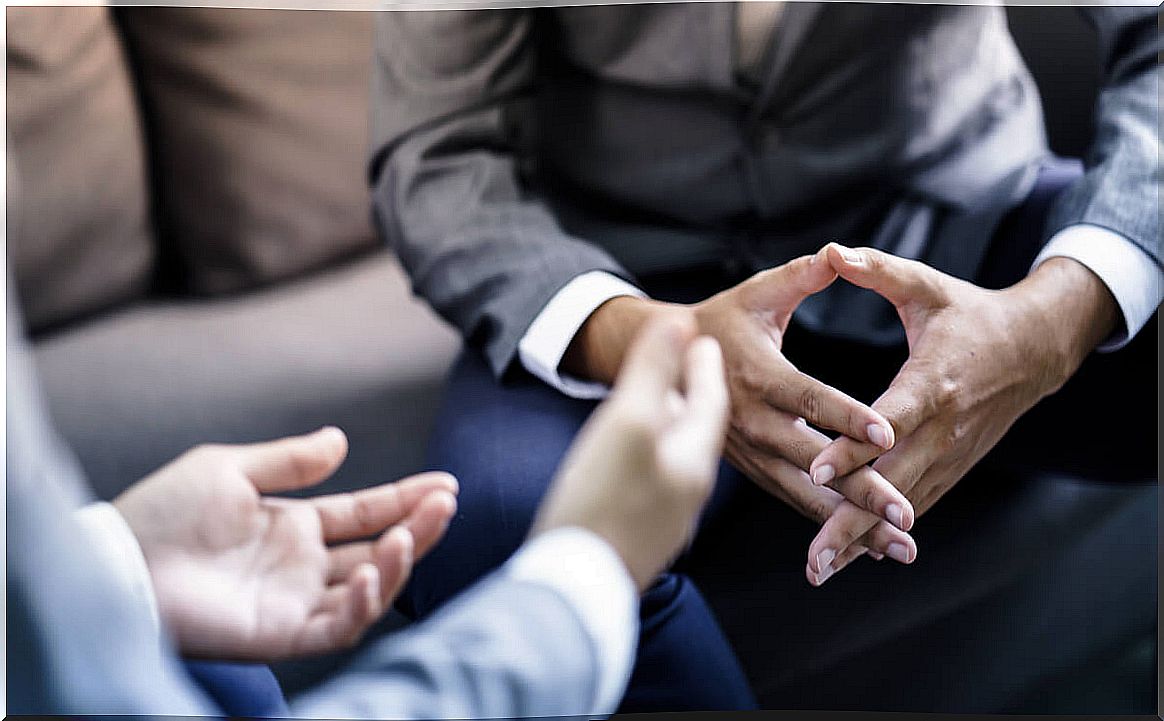
Geoffrey Beattie and the implicit racial bias
Other areas of research that this exceptional researcher has set his sights on is implicit racial bias. Always looking at the most implicit and unconscious aspects of the human being, he studied how implicit racial attitudes affect the decisions we make. These investigations focused especially on the fixation of the gaze and how this can reflect the idea that we are building of the person in front of us when they are of a different race than ours.
In recent years, Geoffrey Beattie has also been interested in the study of the psychological barriers that hold back the time to adopt more sustainable lifestyles. His research led him to carry out important consumer and market analysis for possible changes in consumer attitudes; changes in attitude that, on the other hand, help to implement more responsible behaviors in the face of climate change.
